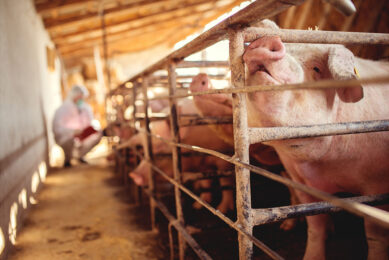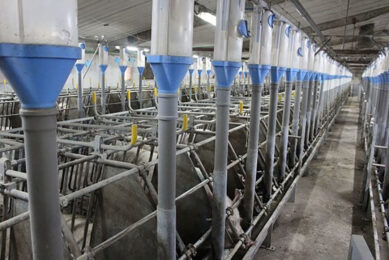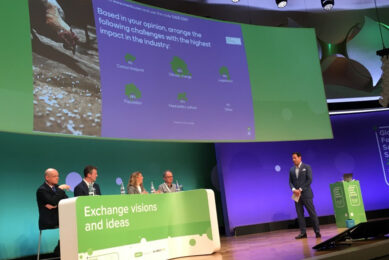CAST examines cloned and transgenic animals
Proponents of biotechnology say cloning and transgenesis–two new breeding technologies–can improve animal health and well-being, decrease negative impacts on the environment, and enhance safety and nutritional quality of food, thereby improving food security in nations around the world. But some consumers and consumer groups have had concerns that inclusion of such technologies in food production systems may not be in the consumer’s best interest.
To provide consumers with scientific information so that they may be better able to weigh the risks of the new technologies in relation to the potential benefits they provide, CAST is releasing a new Issue Paper, Animal Productivity and Genetic Diversity: Cloned and Transgenic Animals.© This paper reviews the complexities surrounding the issue of transgenic and cloned animals and presents the science behind the issues.©
©
“Like any tools, cloning and transgenesis have their strengths and limitations,” said Task Force Chair Robert Wall, Animal and Natural Resources Institute, Beltsville, Maryland. “Some of the most compelling projects enhance animal well-being and decrease the environmental impact of animal production.”
The 8-member international Task Force addresses topics including the cloning of farm animals for breeding and direct food consumption; disease resistance in transgenic animals; and the use of transgenics for improved food safety and quality, decreased environmental impact, and increased production efficiency.
©
“Even the word ‘cloning’ can elicit emotional responses from people,” said CAST Executive Vice President Dr. John Bonner.© “By providing unbiased, scientific information on potentially divisive issues, CAST seeks to bring together various viewpoints for honest discussion.”
©
Animal Productivity and Genetic Diversity: Cloned and Transgenic Animals (Issue Paper 43, 16 pp.) is Part 8 of a 9-part CAST series titled “Animal Agriculture’s Future through Biotechnology.”© The full text of the paper is available free of charge on the CAST website, along with many of CAST’s other scientific publications, including the other 7 parts of the series.©
©











